IBEC book artist shortlisted for illustration prize
 Artist Miguel Bustos was a finalist in a prestigious illustration prize for his work last year on IBEC’s Anniversary Book, ’10 anys d’impacte’.
Artist Miguel Bustos was a finalist in a prestigious illustration prize for his work last year on IBEC’s Anniversary Book, ’10 anys d’impacte’.
The 16th edition of the Premis Junceda of the Associació Professional d’il·lustradors de Catalunya saw Miguel up against four other finalists for a prize in the ‘non-fiction book for adults or children’ section. The jury of illustrators is made up of winners of previous calls and personalities from the world of visual communication.


 Artist Miguel Bustos was a finalist in a prestigious illustration prize for his work last year on IBEC’s Anniversary Book, ’10 anys d’impacte’.
Artist Miguel Bustos was a finalist in a prestigious illustration prize for his work last year on IBEC’s Anniversary Book, ’10 anys d’impacte’.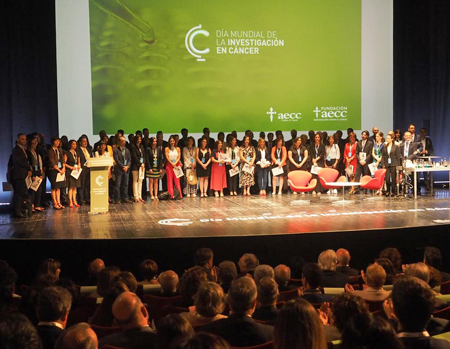
 On Monday IBEC junior group leader Nuria Montserrat and senior researcher Aranzazu Villasante were two of the researchers awarded funding at the Asociación Española de Investigación sobre el Cáncer (AECC)’s ceremony in Madrid.
On Monday IBEC junior group leader Nuria Montserrat and senior researcher Aranzazu Villasante were two of the researchers awarded funding at the Asociación Española de Investigación sobre el Cáncer (AECC)’s ceremony in Madrid.
 On Sunday Elena Garreta, a senior researcher in Nuria Montserrat’s
On Sunday Elena Garreta, a senior researcher in Nuria Montserrat’s 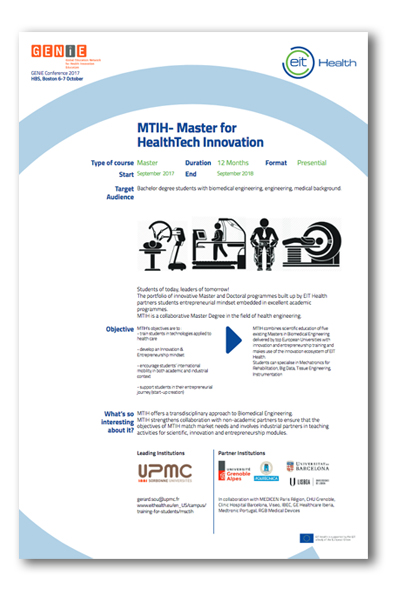
 A University of Barcelona master programme in which IBEC participates has been awarded the EIT Label, a certificate of quality for master and doctoral programmes, from EIT Health.
A University of Barcelona master programme in which IBEC participates has been awarded the EIT Label, a certificate of quality for master and doctoral programmes, from EIT Health.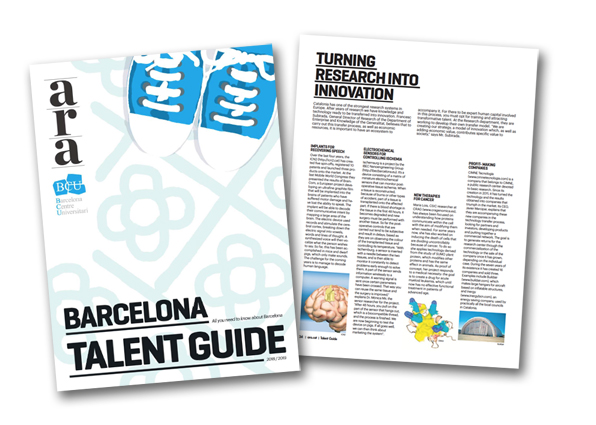
 The ISCHEMBURG project led by
The ISCHEMBURG project led by 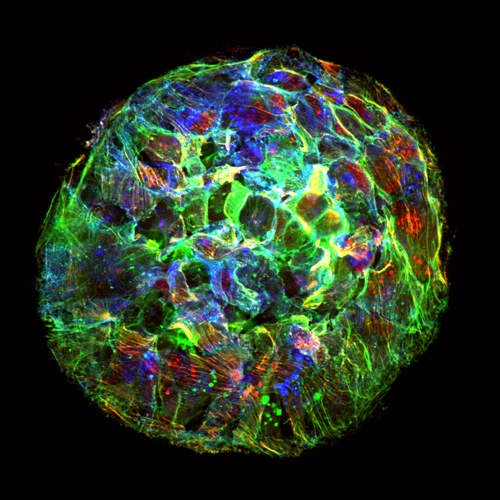
 Researchers from IBEC and UB have discovered that the way tumor cells expand defies the laws of physics.
Researchers from IBEC and UB have discovered that the way tumor cells expand defies the laws of physics.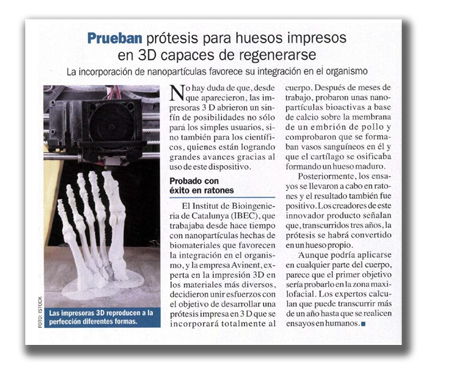
 Pronto magazine reported on IBEC’s 3D bioprinting capabilities and, in particular, the collaboration of the company AVINENT S.L. and the institute to carry out a research project to print personalized bone structures using 3D technology.
Pronto magazine reported on IBEC’s 3D bioprinting capabilities and, in particular, the collaboration of the company AVINENT S.L. and the institute to carry out a research project to print personalized bone structures using 3D technology.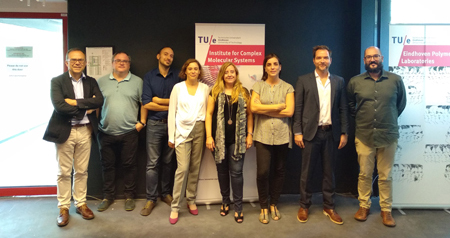
 Eight IBECers were in the Netherlands on 13th and 14th September for the first ever IBEC-ICMS Symposium, ‘NanoSens&Med’.
Eight IBECers were in the Netherlands on 13th and 14th September for the first ever IBEC-ICMS Symposium, ‘NanoSens&Med’.
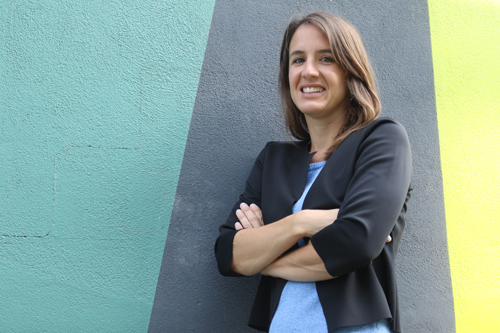
 The start of the autumn semester finds a new face in IBEC’s research community, with Dr. Benedetta Bolognesi joining the institute as junior group leader.
The start of the autumn semester finds a new face in IBEC’s research community, with Dr. Benedetta Bolognesi joining the institute as junior group leader.